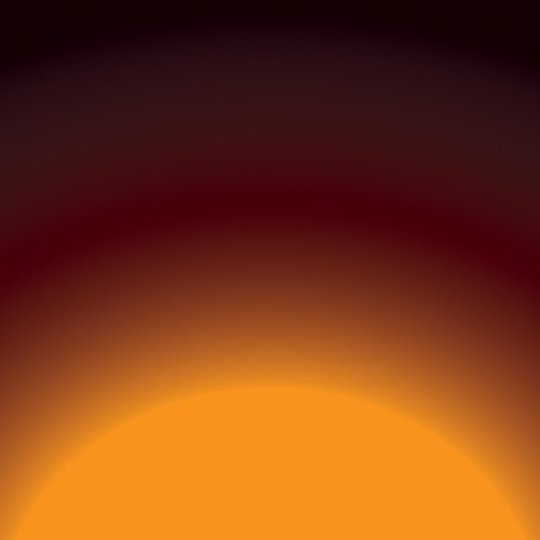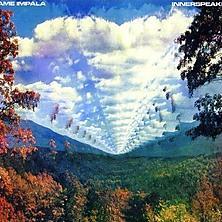With the tragic passing of Jack Rose last year, virtuoso guitar playing lost one of its most forthright proponents. Rose carried the flame left by John Fahey - the sense of the power and importance of early blues and folk - the ‘American primitive’ sound that Fahey and his cohorts perfected so eloquently. And yet perhaps the ‘new folk’ scene was itself already at a crossroads – from the peak of its popularity around 2004/05 its main protagonists have all been carried in different directions. Rose was in the process of delving even further into the roots of the music he loved, recording his own versions of ragtime songs from the Twenties, whilst Ben Chasny (a.k.a. Six Organs of Admittance) had moved into darker and dronier territory since his most concentrated acoustic records – 2003’s masterful For Octavio Paz and 2005’s School Of The Flower.
That’s not to place James Blackshaw directly into the same category as his American compatriots. Blackshaw’s music has always seemed more English somehow, despite the debt it owes to American forbearers - more concentrated, more stately. His playing style is hyperactively intense, a blur of fingers across 12 steel strings that affects the listener as much through sheer force of will as by thematic subtlety. If Fahey’s music privileged the simplicity of the primitive, Blackshaw embraces complexity and cross-purposes, something evidenced by the cultural references embedded in his records – his last album’s title, borrowed from Herman Hesse’s mind-bending ‘The Glass Bead Game’, or his participation in a compilation named after Jorge Borges’s story ‘The Garden of Forking Paths’, for example.
It’s perhaps appropriate then that Blackshaw’s fondness for layering, recurring themes and repeating patterns has led him away from the rapid finger-picking of his early work. Indeed, The Glass Bead Game marked a departure for the soloist, moving the focus away from his own virtuosity towards a grander, orchestral vision. The addition of strings, piano and vocals on that album led to Blackshaw’s most mature work to date, a careful and moving exploration of simple themes. On All Is Falling Blackshaw’s music continues to progress – for the first time we hear him playing electric guitar, a move, the press release suggests, influenced by his work with Current 93.
If his previous, 12 string acoustic records were almost claustrophobic in their intensity (something aggravated by the epic length of Blackshaw’s compositions), All Is Falling succeeds in paring back his vision, with only the last two tracks moving far beyond the five minute mark and the song themselves only numbered, rather than named. The orchestration here shifts Blackshaw further towards the territory of Steve Reich with its lilting wind instruments (on ‘Part 5’) and staccato piano, the whole album consciously presented as a ‘movement’ rather than a collection of individual tracks. From the understated power of ‘Part 2’s’ considered riff, to the furious e-bow feedback of album closer ‘Part 8’ there are powerful and beautiful moments here; the sonics of a six-string electric adds an intimacy to Blackshaw’s sound that was perhaps missing before. Still, artists like Reich and Fahey imbued their music with a sense of playfulness and humour that you sense is lacking in Blackshaw’s work; as the title might hint, some of the music here is slightly too po-faced to bear repeated listening. Nevertheless, you have the real sense of Blackshaw as a musician and composer in a process of constant evolution, and it’s a fascinating and melancholy pleasure to hear his journey.
-
7Sam Lewis's Score






















